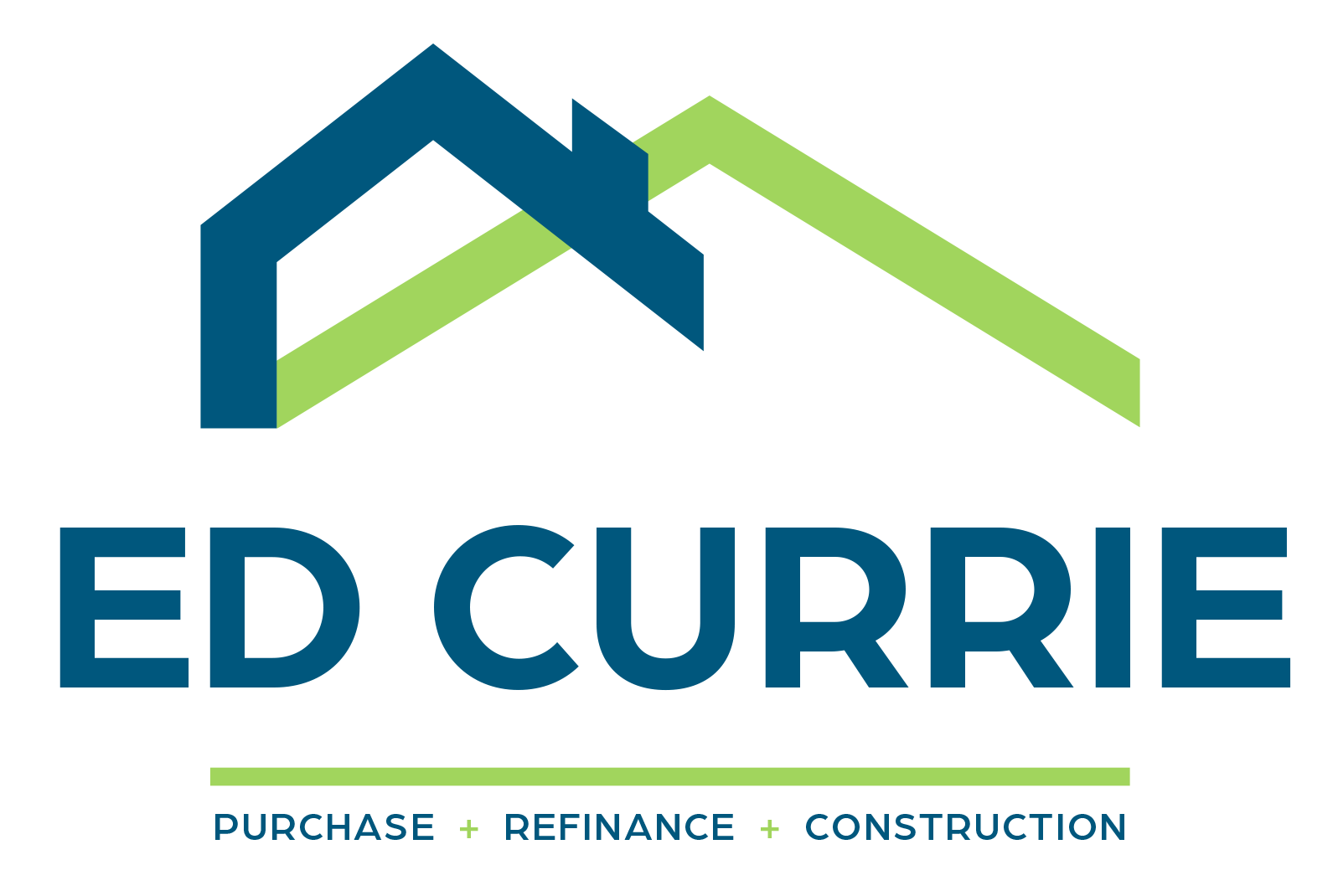- Prescreened Contractors: Companies offering remodeling services often provide lists of prescreened contractors in your area. These companies usually have a vetting process to ensure the contractors they recommend are reputable and have a track record of quality work.
- Referrals: Ask friends and relatives for recommendations. If they were happy with the work done, it’s a good sign. Personal referrals are often one of the best ways to find a trustworthy contractor, as you get a firsthand account of their experience.
- Local Builder’s Association: Search for contractors through your local builder’s association. These associations often have directories of licensed contractors in your area, ensuring that the contractors listed are qualified and meet certain standards.
- Was the project completed on time?
- Were there any unexpected costs?
- How was the contractor’s communication throughout the project?
- Was the worksite kept clean and safe?
- Scope of Work: Make sure each quote includes a detailed scope of work. This will help you understand what each contractor is offering and ensure you’re comparing apples to apples.
- Materials: Check the quality of materials each contractor plans to use. Sometimes a lower quote might mean cheaper materials, which could affect the longevity and quality of the work.
- Timeline: Consider the proposed timeline for the project. A cheaper quote might come with a longer timeline, which could be inconvenient.
- Payment Schedule: Clearly outline when payments will be made and under what conditions. Avoid contractors who demand large upfront payments.
- Detailed List of Materials and Labor: This ensures you know exactly what you’re paying for.
- Proof of Insurance, Bonding, and Licensing: Ensure the contractor is insured, bonded, and licensed to protect yourself from potential issues. This can protect you from liability in case of accidents or damages during the project.

Hiring a contractor is a significant decision, as they will supply materials or perform services at a specified price, especially for construction work. To ensure you choose the best contractor for your project, keep the following precautions in mind.
Finding the Right Contractor
There are several methods to find a reliable contractor:
- Prescreened Contractors: Companies offering remodeling services often provide lists of prescreened contractors in your area. These companies usually have a vetting process to ensure the contractors they recommend are reputable and have a track record of quality work.
- Referrals: Ask friends and relatives for recommendations. If they were happy with the work done, it’s a good sign. Personal referrals are often one of the best ways to find a trustworthy contractor, as you get a firsthand account of their experience.
- Local Builder’s Association: Search for contractors through your local builder’s association. These associations often have directories of licensed contractors in your area, ensuring that the contractors listed are qualified and meet certain standards.
Checking References
When you receive references from a potential contractor, follow up with their previous clients. Ask if they were satisfied with the work and if they would hire the contractor again. It’s crucial to ask specific questions such as:
- Was the project completed on time?
- Were there any unexpected costs?
- How was the contractor’s communication throughout the project?
- Was the worksite kept clean and safe?
By asking these questions, you can get a better understanding of what it will be like to work with the contractor.
Comparing Quotes
It’s beneficial to get quotes from at least three different contractors. Don’t automatically choose the lowest quote. Carefully compare the details, and consider the following:
- Scope of Work: Make sure each quote includes a detailed scope of work. This will help you understand what each contractor is offering and ensure you’re comparing apples to apples.
- Materials: Check the quality of materials each contractor plans to use. Sometimes a lower quote might mean cheaper materials, which could affect the longevity and quality of the work.
- Timeline: Consider the proposed timeline for the project. A cheaper quote might come with a longer timeline, which could be inconvenient.
Choose the contractor who offers the best value and with whom you feel comfortable working. The rapport you share with your contractor is essential, as good communication can prevent misunderstandings and ensure a smoother project.
Written Contract
Always insist on a written contract that specifies the start and completion dates of the project. The contract should also include:
- Payment Schedule: Clearly outline when payments will be made and under what conditions. Avoid contractors who demand large upfront payments.
- Detailed List of Materials and Labor: This ensures you know exactly what you’re paying for.
- Proof of Insurance, Bonding, and Licensing: Ensure the contractor is insured, bonded, and licensed to protect yourself from potential issues. This can protect you from liability in case of accidents or damages during the project.
By following these tips, you can hire the best contractor in town and ensure your project is completed to your satisfaction. Taking the time to thoroughly vet potential contractors and secure a detailed contract will save you from headaches down the line and help ensure your home improvement project is a success.




![EdCurrie_Logo White[Transparent] EdCurrie_Logo White[Transparent]](https://edcurrie.com/wp-content/uploads/elementor/thumbs/EdCurrie_Logo-WhiteTransparent-qybu3sjgpfhje9098uitv7fpt7os2hgn52gfy6ocx4.png)